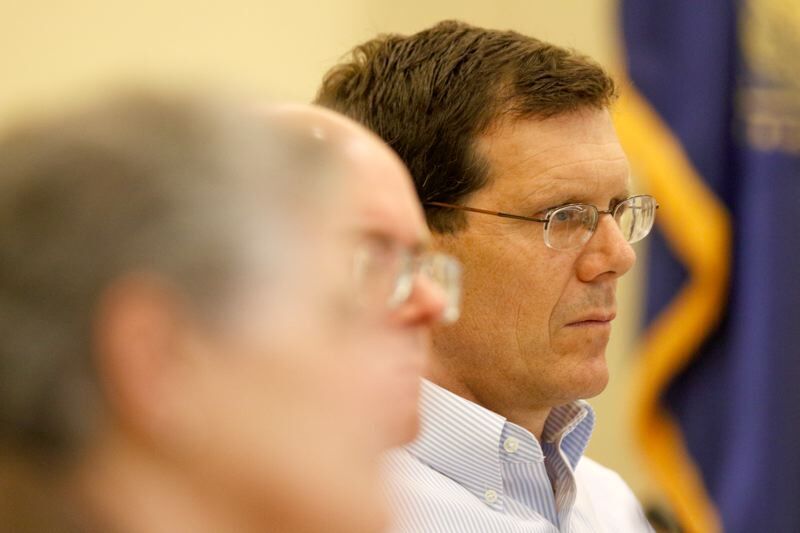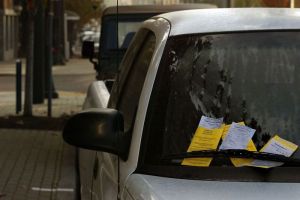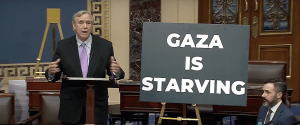Board rebuffs calls for November bond vote to reconstruct Lincoln, Benson, Madison
Published 12:00 am Tuesday, September 6, 2016

- Portland Public Schools board chair Tom Koehler rebuffed calls to reverse course on a decision to delay a schools construction bond to May 2017.
Two Lincoln High School students staged a sit-in at a Portland Public Schools board meeting Tuesday evening, forcing a more than hour-long debate on the viability of asking voters for a school construction bond in November.
Trending
The students, Michael Ioffe and Riley Wilson, were backed by a powerful group of school advocates who urged the board to hold an emergency meeting before Thursday, Sept. 8, the filing deadline for the November ballot.
The school board abruptly decided 6-1 during the summer to delay the ask to voters until May 2017. The original July vote came days after longtime Superintendent Carole Smith announced her immediate resignation.
See related story: Portland pushes off school bond vote to May 2017
Trending
In a new vote Tuesday evening, the board voted 4-3 in favor of waiting until May with Paul Anthony and Julie Esparza Brown joining Mike Rosen in wanting to go ahead with the November plan.
Pollsters say a presidential election tends to bring out a more politically liberal and diverse electorate in Portland, who are more likely to vote to give schools money.
But, this is not a typical situation.
“Things fundamentally changed when we had this lead crisis,” said board chair Tom Koehler, referring to a firestorm of controversy and district-wide drinking water testing over the summer that revealed nearly every school has a fixture with dangerous levels of toxins. “The lead crisis is also a canary in the coal mine in terms of other environmental safety issues we have in the district.”
Twelve percent of district drinking fountains had too much lead in the first round of testing. Environmental health and safety experts say lead paint, asbestos, radon, seismic issues and other health concerns are rampant in the district’s deteriorating infrastructure.
Director Steve Buel said there are too many unanswered questions and the stakes are too high to go forward in November.
“How much is it going to cost us? We don’t know,” Buel said. “I, for one, am tired of pushing things under the rug. That’s why I want to vote for a bond that makes sense. We can’t do that in two days.”
See live tweeting of the board meeting @
Koehler, in a rare display of frustration, said he felt the bond advocates were being “a little bit tone deaf, frankly” to think “throwing a number on the wall and hoping it sticks” is a way to “build trust” with the community.
“If the issue is rebuilding trust with the community, you do that by engaging them, not by sidelining them,” Rosen countered, arguing that the supporters in the room were the ones who were going to do the grassroots work to pass a bond. He joined bond advocates in worrying that a May ballot would be very risky and failure would mean needed fixes would be delayed years more.
“The people that will do the work … have spoken,” Rosen said.
Board member Pam Knowles, the only sitting member who had been through the failed 2011 vote and the successful 2012 one, said she worried about joining a slate of education-related money measures already on the November ballot.
“I cannot tell you guys how fearful I am about a November bond,” Knowles said.
Julie Esparza Brown, who was not at the meeting, texted her support for switching course for a November bond vote because Benson and Madison high schools, two of the most diverse in the district, would be severely impacted by a no vote.
The 2017 bond would also rebuild Lincoln High School, one of the least diverse schools, and now-shuttered Kellogg Middle School.
Amy Kohnstamm, School Improvement Bond Committee chairwoman and board vice chair, agreed that the situation in Lincoln is “untenable,” but that May was the best opportunity to pass the bond.
“I think I can tell you that there is no difference of opinion on the incredible urgency of this work,” Kohnstamm said. “It’s going to put us in a much better place (to pass the bond in May) that we’ve had this conversation about how important this is.”







